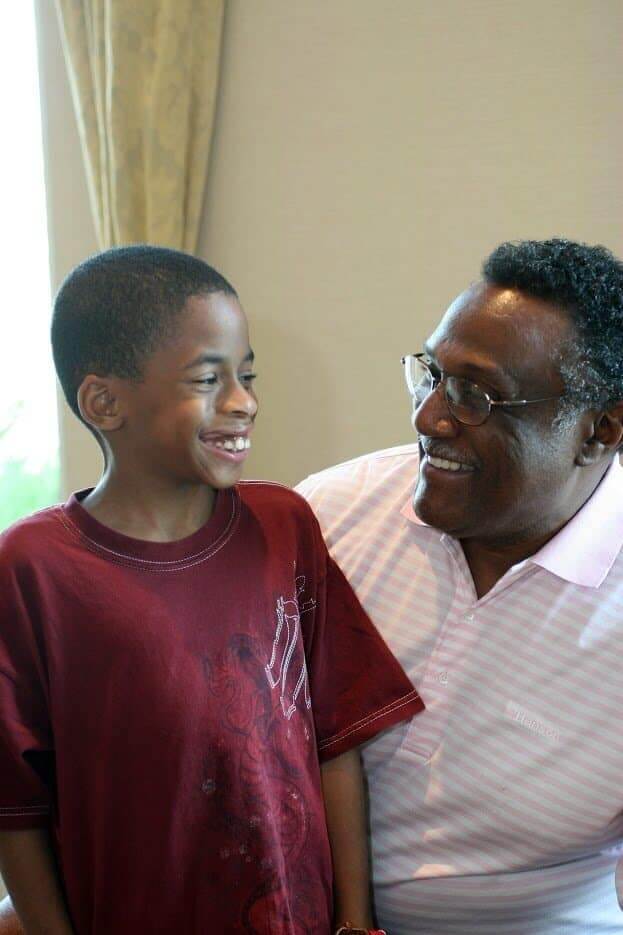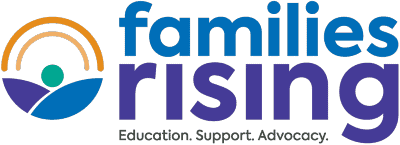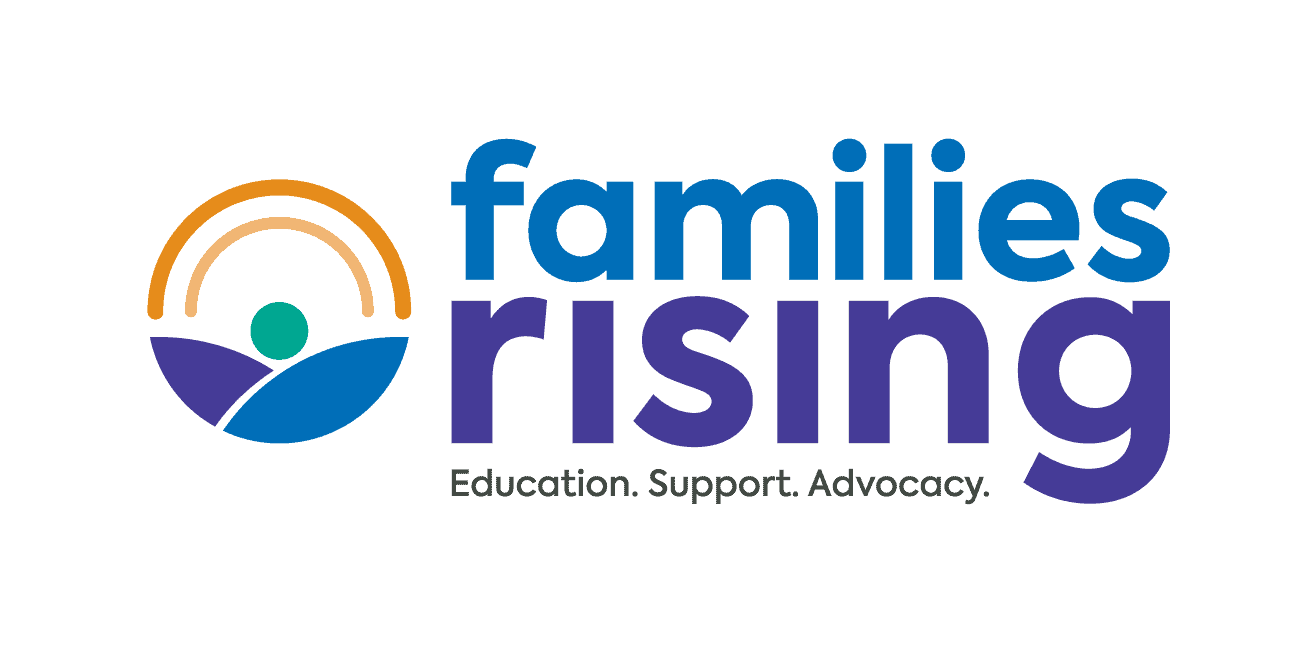 Weekend Miracles Los Angeles, now entering its second decade, offers a unique and proven approach to creating forever families and lasting connections for adolescents who are languishing in foster care in Los Angeles. Since the program’s official launch in 2006, Weekend Miracles has been a resounding success, having recruited adoptive families, legal guardians, and lasting connections for 75 percent of participating children.
Weekend Miracles Los Angeles, now entering its second decade, offers a unique and proven approach to creating forever families and lasting connections for adolescents who are languishing in foster care in Los Angeles. Since the program’s official launch in 2006, Weekend Miracles has been a resounding success, having recruited adoptive families, legal guardians, and lasting connections for 75 percent of participating children.
The Family Visit Model
Kidsave, a nonprofit organization, was founded in 1997 by two adoptive parents who developed Kidsave’s Family Visit Model, the basis for the Weekend Miracles program. The Family Visit Model was first used in Kidsave’s Summer Miracles program, which was launched in 1999 to find adoptive families for older children who are growing up in orphanages overseas. Through Summer Miracles, families in the U.S. volunteer to host children ages 9 to 14 from overseas orphanages for four to five weeks during the summer. The host families pay fees to help cover program costs and commit to serving as the child’s adoption advocate, with the goal of recruiting an adoptive parent for the child. More than 80 percent of the participating children find adoptive families through the Summer Miracles program.
In the early 2000s, Kidsave realized the Family Visit Model could also be used to seek adoptive families for older children in foster care, and launched the Weekend Miracles program. The program started in Fairfax County, Virginia and quickly expanded to Los Angeles County. Kidsave partnered with the County of Los Angeles Department of Children and Family Services (DCFS) to operate the program. Initial funding was provided through private contributions and public and private grants.
Then, as now, DCFS had a serious shortage of foster and adoptive families, and too many older children lived in group homes or with families who did not plan to adopt. “Kidsave’s Family Visit Model had a proven track record of helping find adoptive families for older children in orphanages overseas,” says Lauren Reicher-Gordon, Kidsave’s Director of Family Visit Programs. “We were confident it would work in our own backyard.”
County social workers were initially resistant, Reicher-Gordon recalls. “Adoption professionals were worried that families would ‘try on’ the kids who’d already experienced so much rejection.” Over time, the program’s impressive results turned skeptics into cheerleaders. “Sari Grant, the DCFS Recruitment Administrator, and her amazing staff saw the benefits of the Weekend Miracles program,” Reicher-Gordon said.
Finding Children and Potential Families
Weekend Miracles is designed to find families for youth between the ages of 9 and 17; the average participant is 14. DCFS social workers refer youth to the program who are no longer receiving family reunification services, and who lack a stable connection to an adult. Kidsave’s Weekend Miracles program serves between 60 to 70 young people per year. Many more could be served if more funding were available, according to Reicher-Gordon.
Youth participation is entirely voluntary. “We work with youth who want to be adopted, and others who are ambivalent due to their history of loss and grief,” Reicher-Gordon explains. Youth selected for the program must be open to the possibility of adoption, guardianship, or a lasting connection to an adult.
Program staff recruit adults who are interested in forming a meaningful connection with a youth in foster care via various methods, including public radio ad campaigns, social media, and presentations at community events and places of worship. “You have to cast the net very wide—it takes a variety of recruitment strategies to find host and adoptive families for the youth,” according to Reicher-Gordon.
An upbeat, dynamic, and continually updated website helps, too. Kidsave’s website (http://www.kidsave.org/programs/host-a-child-weekends/) features compelling photographs and short bios of youth in need of hosts and adoptive parents. Visit the site and you’re likely to meet 15-year-old Areana, who enjoys writing and playing in her school’s marching and jazz bands, or Anthony, a preteen who loves to play soccer and basketball.
Heather Whelan took one look at a teenage girl on the site, saw they shared a love of outdoor recreational ziplining and signed right up. Whelan, a schoolteacher and experienced foster parent, emailed Kidsave that night, and as she explains, “someone responded within minutes.” Whelan registered that night for Kidsave’s easy, informative webinar. “I attended the orientation at home while my kids were eating dinner.”
Whelan was delighted with the speed and quality of response she experienced: “Weekend Miracles invited me to a community event the very next weekend! The kids I mingled with were all looking for permanent mentors or wanted to be adopted. The program was upbeat and well-managed.”
Whelan hasn’t found her perfect match yet, but has spread the word to several friends who’ve since volunteered with the program.
Preparing Host Families
The Weekend Miracles program recruits hosts and potential adoptive families for older youth in Los Angeles County foster care. Adults do not have to be licensed or certified to participate in the program. It’s this inclusion of both hosts and prospective adopters that appears to make a big difference. “We ask adults to make a one-year commitment,” Reicher-Gordon explains. “We don’t screen out; we screen in.”
Don’t know if you want to adopt? Think you never will? That’s fine for hosts, as long as they can commit to volunteer at least two weekend days per month for a year. The primary role of the host is to build a relationship with the youth, and help advocate to find the youth an adoptive family.
Kidsave asks potential volunteer hosts to complete an application process that includes background checks, submission of current driver’s documents, and a home visit and assessment from a DCFS social worker. In addition, they must obtain their first aid/CPR certification and have a tuberculosis test. Next, prospective hosts complete a 12-hour in-person training, followed by a two-hour webinar on how to be an effective advocate for permanency for children. Hosts who complete the process are expected to build and maintain a relationship with the hosted child, and to work with Kidsave to help find an adoptive or guardianship parent.
Once they are approved, hosts attend events where they meet young people who need a family. The program’s events allow kids and adults to socialize in a non-pressured way. Typical events include bowling parties, group hikes, and craft-making. Both the adult and the youth have a say in any matches made, with youth really the drivers of the process. Once they’ve made a match, the host and young person spend time together at least twice a month. The host takes the young person to events, and may provide support with academics, life skills, and other topics. Most of all, the host agrees to become an advocate for permanency for the youth.
Many hosts do adopt. Those who don’t are coached and supported by staff about how to use their existing social networks (church, work, Facebook, etc.) to recruit a family for the hosted child or youth.
Success and Expansion
Charles Slocum’s soon-to-be-son Jason was one of the young people referred to the program. Slocum had no intention of adopting. “I was single, a busy working professional with no kids,” he says. “Adopting sounded too absolute and impractical. It required too much of me, I thought.”
Weekend Miracles was designed with people like Slocum in mind. “They didn’t ask me to adopt. Their pitch included the possibility of adoption, but asked only for twice-per-month mentoring. That I could do.” Slocum soon found himself driving teens to weekend bowling parties and picnics. Five minutes into one such drive, he felt a special connection beginning to form with 16-year-old Jason.
The low-key, unpressured pace of the program soon worked its magic. “When Jason asked me to adopt him, I felt prepared,” Charles explains. “What I had thought might be dramatic was in fact incremental. The impractical became possible. It was a journey for me from skepticism to readiness.”
Jason is just one of many children and teens who have found their forever family through the Weekend Miracles program. The successes Weekend Miracles has seen can be replicated in many other jurisdictions too. Even as it seeks to raise public and private donations to sustain the Weekend Miracles program in Los Angeles County, Kidsave is already helping to expand the program to other jurisdictions, including Colorado where they recently completed an implementation training. “We are working with other jurisdictions that are looking for new strategies to improve their permanency outcomes for older foster youth,” says Reicher-Gordon.


